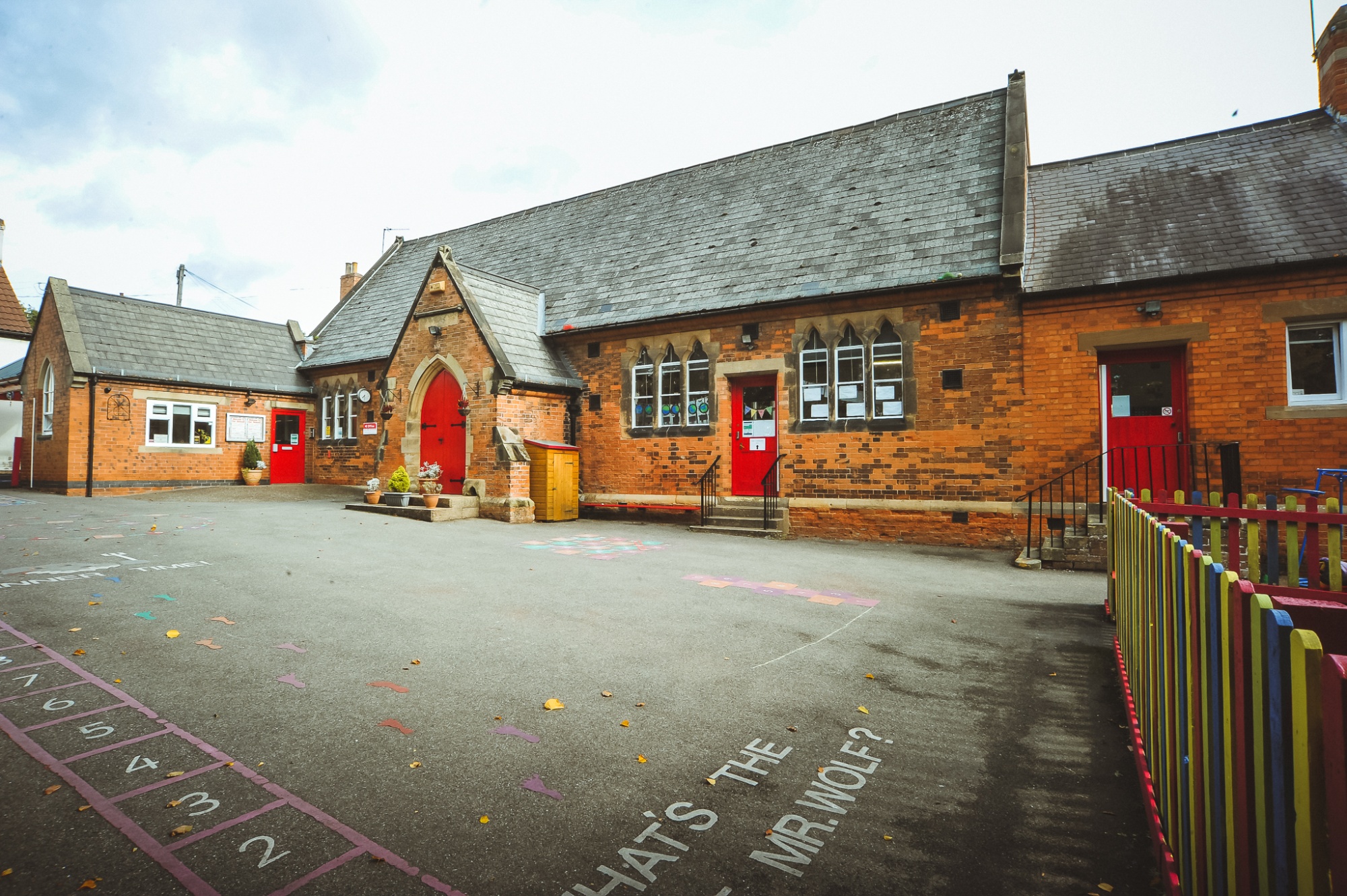History
Intent
At Holy Trinity, History has always been held in high regard at Holy Trinity, with the school’s own rich history within the context of the local area a celebrated and inspiring feature of the school. The history curriculum at Holy Trinity makes full use resources within the immediate and wider local area enabling children to develop a deep understanding of the rich history of their locality.
Topics are informed by the National Curriculum and are sensitive to children’s interests, as well as the context of the local area. The history curriculum at Holy Trinity is carefully planned and structured to ensure that current learning is linked to previous learning and that the school’s approaches are informed by current pedagogy. In line with the National Curriculum 2014, the curriculum at Holy Trinity aims to ensure that all pupils: Gain a coherent knowledge and understanding of Britain’s past and that of the wider world which helps to stimulate pupils’ curiosity to know more about the past; begin to understand the complexity of people’s lives, the process of change, the diversity of societies and relationships between different groups, as well as their own identity and the challenges of their time.
Through our high-quality teaching we will develop the following essential characteristics of readers and writers
- An excellent knowledge and understanding of people, events and context from a range of historical periods, including significant events in Britain’s past
- Learning about the concept of chronology, which underpins children’s developing sense of period and passing of time, as well as key concepts such as change
- Developing an ability to think critically about history and communicate ideas confidently
- The ability to think, reflect, discuss and evaluate the past through questioning
- A respect for historical evidence and changes that have happened
- A desire to embrace challenges, including opportunities to research at vary levels across a range of history topics about the past
Implementation
At Holy Trinity, History is taught within topics throughout the year, so that children achieve depth in their learning. Teachers have identified the key knowledge and skills of each topic and consideration has been given to ensure progression across topics throughout each year group across the school.
Cross curricular outcomes in history are specifically planned for, with strong links between the history curriculum and morning English lessons enabling further contextual learning. The local area is also fully utilised to achieve the desired outcomes, with extensive opportunities for learning outside the classroom embedded in practise. Planning is informed by and aligned with the national curriculum.
Consideration is given to how greater depth will be taught, learnt and demonstrated within each lesson, as well as how learners will be supported in line with the school’s commitment to inclusion. Outcomes of work are regularly monitored to ensure that they reflect a sound understanding of the key identified knowledge. Within our knowledge-rich approach, there is a strong emphasis on people and the community of our local area. Holy Trinity is a Victorian building and we hold a Victorian day every three years where the children and staff come dressed appropriately. The whole day is a re-enactment of what school was like in Victorian times.
Impact
Outcomes in topic and English books, evidence a broad and balanced history curriculum and demonstrate the children’s acquisition of identified key knowledge. Children review the agreed successes at the end of every session and are actively encouraged to identify their own target areas, with support from their teachers. Children also record what they have learned comparative to their starting points at the end of every topic.
Emphasis is placed on analytical thinking and questioning which helps pupils gain a coherent knowledge and understanding of Britain’s past and that of the wider world and are curious to know more about the past. Through this study pupils learn to ask perceptive questions, begin to think critically, weigh evidence, sift arguments, and develop perspective and judgement.

